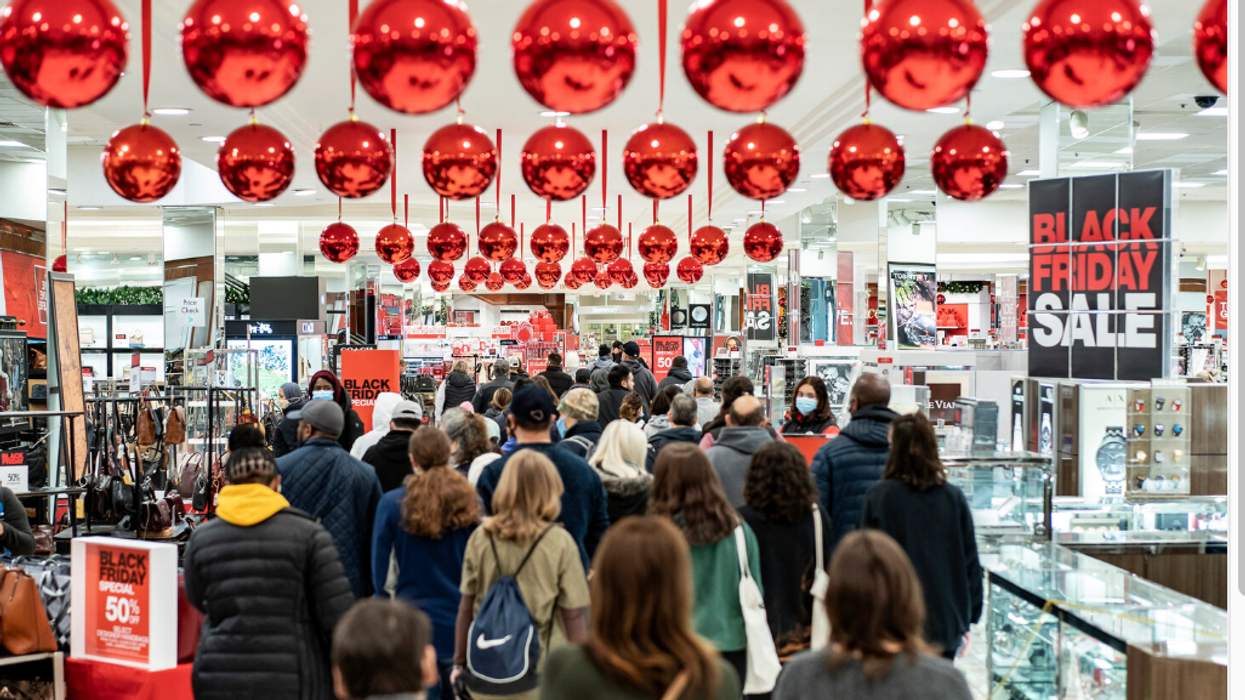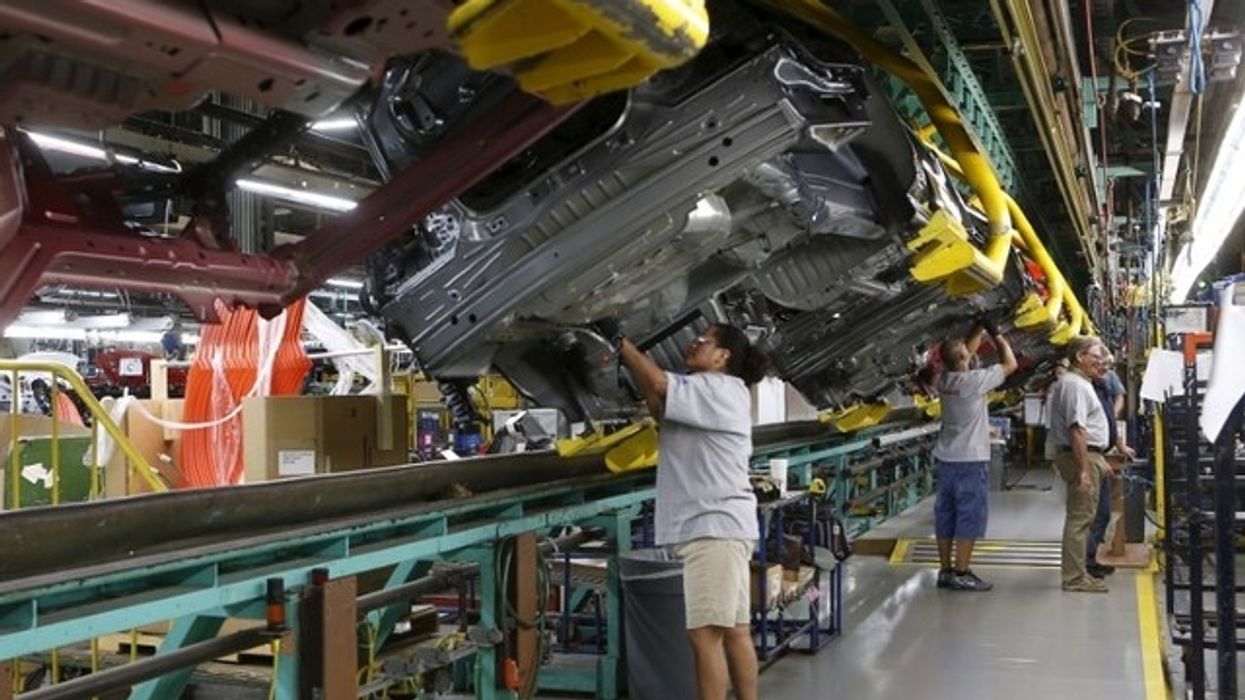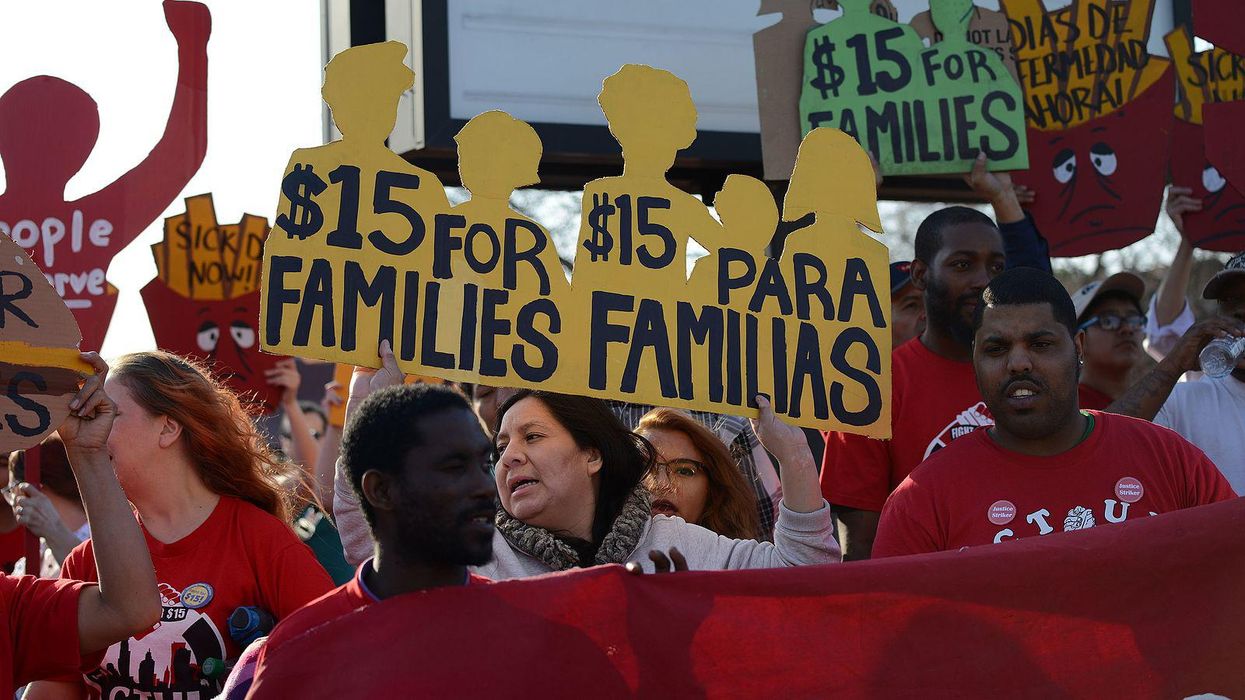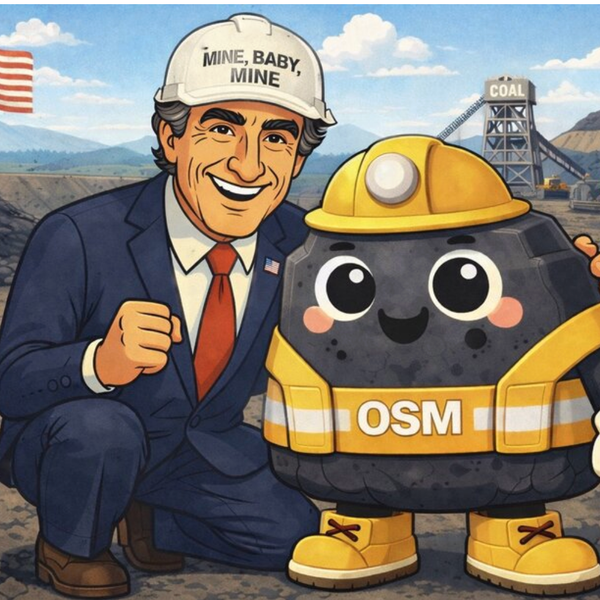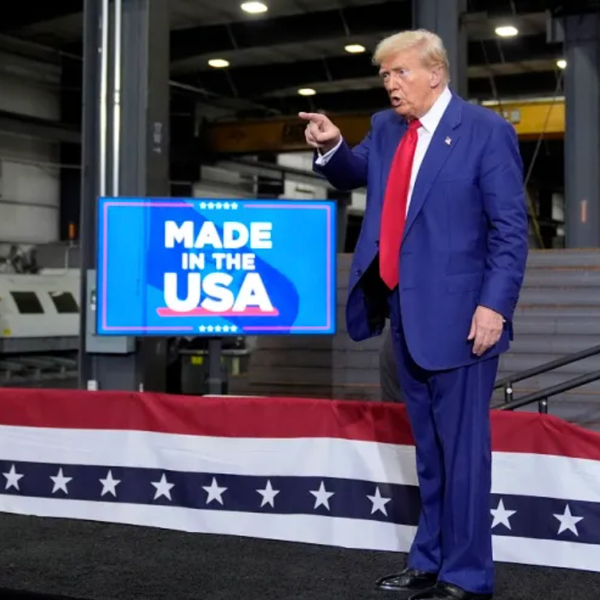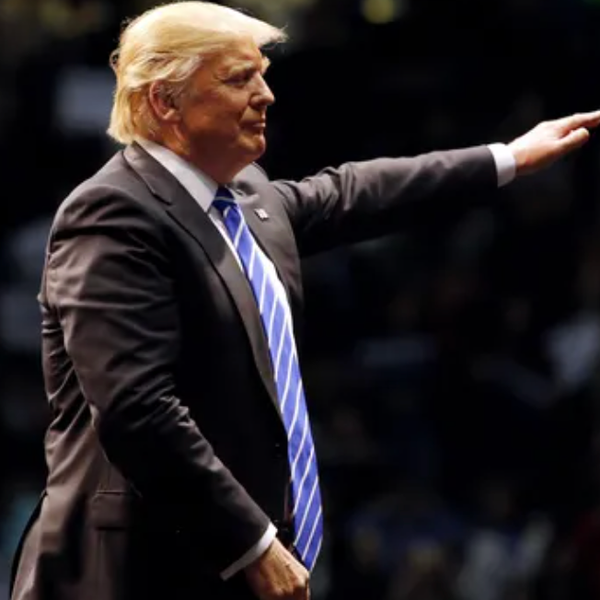Is Trump Hiding Jobs Report? Workers Seek Seasonal Positions As Employment Dips
Trying to understand the economy is always like putting together a jigsaw puzzle. We get all sorts of pieces of disparate data which we try to put together to get a clear picture of the economy. Sometimes they all go in the same direction, so the story is easy. Sometimes they don’t and the puzzle becomes difficult.
Now is one of those times, and the story is made much more difficult by the fact that we have not been getting data from the federal government for a month and a half. We have missed two monthly jobs reports, one monthly CPI report, one quarterly GDP report, and a variety of releases of less consequence.
There were some things that were clear even before the shutdown. The labor market was definitely weakening. Job growth had slowed to a trickle. The economy created less than 30,000 jobs a month in the four months from April to August, according to Bureau of Labor Statistics (BLS) data. That is down from a pace of 150,000 a month over the prior year.
We don’t have the September data, but we can infer that it was weak. BLS had compiled the data, and it would have been mostly ready for release at the time of the shutdown. While ordinarily the data would not be shared with the president or his political appointees until just before the official release, there is no reason to believe Donald Trump would respect this norm. He, or his aides, likely reviewed the September data and made a decision not to release it.
Even though we don’t have government data for the period after August, we do have private data sources, notably the series on jobs numbers produced by the payroll firm ADP and the job listings data compiled by the hiring firm Indeed. These both show a very weak labor market.
ADP shows average private sector job growth of just 10,000 a month for the three months from July to October. Since this excludes the government sector, which likely shed jobs over this period due to federal layoffs (even pre-shutdown), the ADP data imply essentially zero job growth over this period. Indeed shows its hiring index fell to the lowest level since February of 2021, just 1.7 percent above its February 2020 base level. (The index from the hiring firm Revelo also shows weakness, but I am less familiar with its data.)
While job growth has clearly slowed, a big part of this story is the plunge in immigration has slashed labor force growth. This means that it takes far less job growth to keep pace with labor force growth.
However, there are some indications that job growth is not keeping pace even with the slower growth in the labor force. One item supporting this view is the surge in the number of people looking for seasonal employment for the holidays. Indeed reports that the number of seasonal job seekers is up 27 percent over the 2024 level and 50 percent from 2023.
Seasonal jobs are by definition temporary and mostly low paying. The fact that so many people are seeking these jobs suggests that many workers do not feel they have very good job prospects.
This is consistent with the modest rise in unemployment we have seen in the data through August. Unemployment had inched up to 4.3 percent in August from an average of 4.1 percent in the second half of 2024.
The rise is clearer for disadvantaged groups, as I have noted in the past. For Black workers the unemployment rose from 5.7 percent last October to 7.5 percent in August. For young workers between the ages of 20-24, the unemployment rate was 9.2 percent in August, up from 7.8 percent last October and 6.9 percent in October of 2023.
To my mind, the data are consistent with a somewhat further rise in the unemployment rate, likely to 4.5 to 4.6 percent in October, with a further rise to 4.7 percent this month. These numbers are still low by historical standards, but they imply a noticeable weakening of the labor market. (The Chicago Federal Reserve Bank estimates there was a more modest rise in unemployment in October to just 4.36 percent.)
The other part of the story is that wage growth also seems to have slowed especially for workers at the bottom end of the wage distribution. The slowing of wage growth is clear in the Indeed data, which showed year-over-year wage growth of 2.5 percent for listed jobs. This is 0.8 percentage points below the year ago pace.
There is also evidence of slowing wage growth in the payroll data released before the shutdown. The average hourly wage increased 3.7 percent year-over-year as of August. This is down from a 4.0 percent rate in 2023 and 2024. It rose at just a 3.5 percent annual rate, taking the average of the last three months (June, July, August) compared with the prior three (March, April, May).
The slowing has been even sharper for low-paid workers whose wages are most sensitive to labor market conditions. The annual rate of wage growth for low-paid non-supervisory restaurant workers has been just 3.2 percent, comparing the last three months with the prior three. With inflation edging up to 3.0 percent, this implies close to zero real wage growth.
I may be overly pessimistic here, and I encourage everyone to read Guy Berger’s somewhat more optimistic take, but it looks to me like we are looking at a labor market with near zero labor force growth and near zero real wage growth. This means that real labor income in the economy is essentially flat.
That fits with the story that Mark Zandi and others are saying where all the consumption growth is coming at the top end of the income distribution. People whose income depends on their wages are not seeing any increase and therefore cannot spend more. It’s only people at the top end who have substantial holdings in stock or other assets who are seeing their income grow.
That is not a pretty picture from the standpoint of the bulk of the population, and it does not describe a very stable path of economic growth. When the AI bubble bursts, things might get really ugly really fast.

